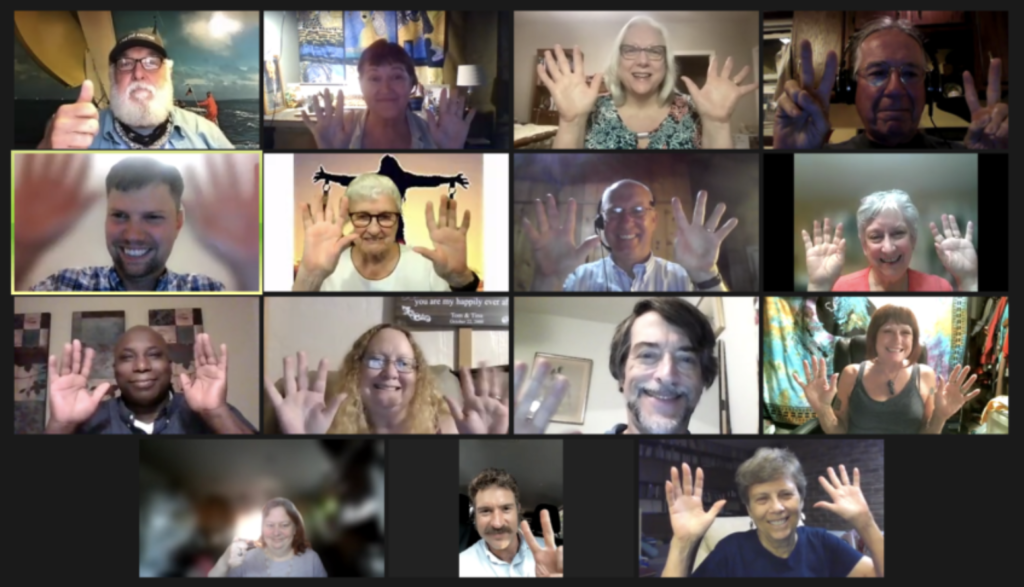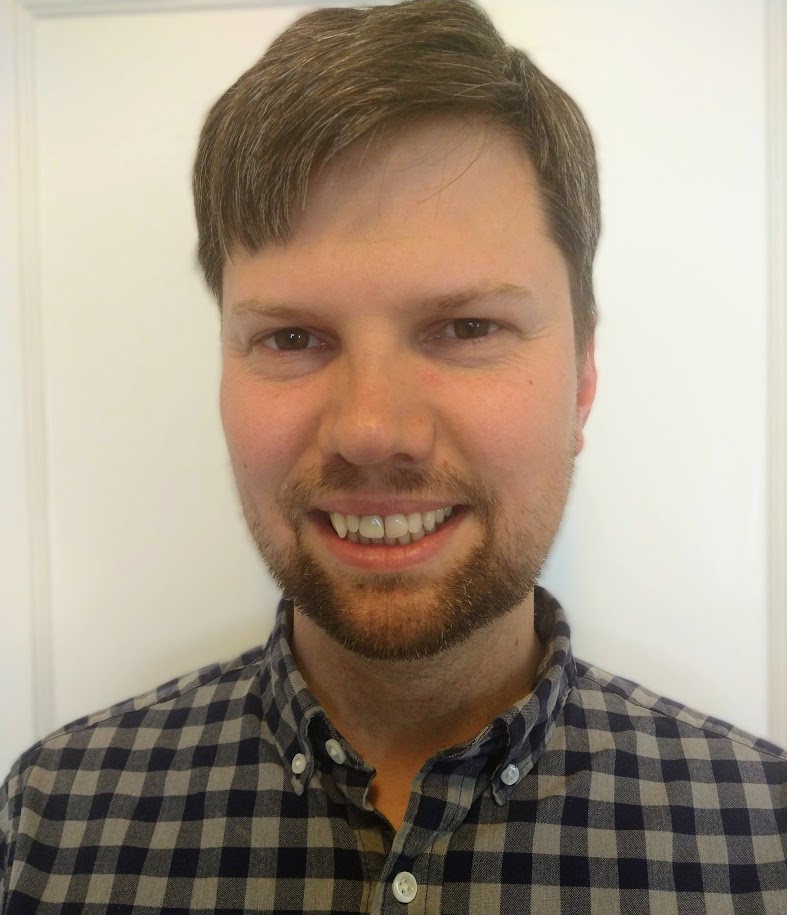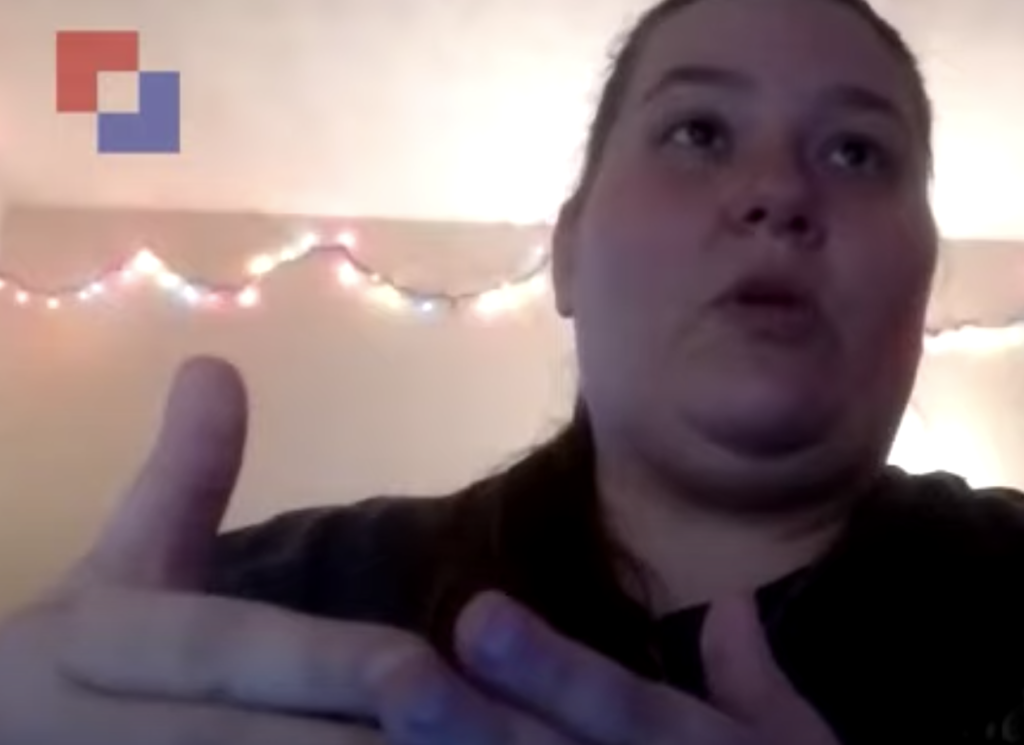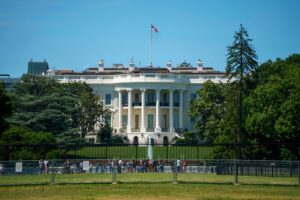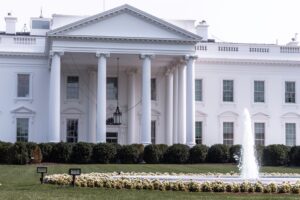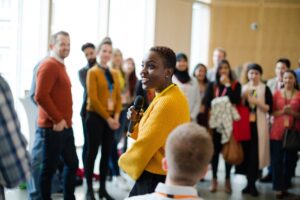What do a retired welder, a longtime McDonald’s employee, and a podcast host have in common? They’re all part of a leadership team for a new Braver Angels initiative called We the People’s Project.
We the People’s Project is a working-class coalition of people from across the political spectrum committed to working with each other – rather than against each other.
According to National Center for Education Statistics, 63 percent of Americans do not have a four-year college degree or more, but the majority of Braver Angels members do. David Lapp, a co-founder of Braver Angels, recognized the need for the organization to reflect America. He hopes this new project will highlight how “‘we the people’ includes all of us – not just those with master’s degrees or PhDs.”
To do this, We the People’s Project has designed a space of its own – live virtual forums – to elevate unheard or overlooked perspectives.
Through these forums, We the People’s Project hopes to cut through the political discourse at a moment when it’s particularly hostile. Forums are not a place to pontificate, but rather, “hear from everyday Americans on the issues of the day,” David said.
If we gave working-class people a bigger voice in our political discussions, these conversations would sound “more real,” Annette Ritter, a member of We the People’s Project, said. “More like talking person to person, looking someone in the eye, and having no expectations about what they’re going to say.”
At a time of intense judgment and ridicule, these open, honest conversations can be hard to come by. In order to have a forum where people willingly share, participants need to feel secure, said Rita Chisum, a member of We the People’s Project.
But how does that happen? Rita said it’s two-fold. First, participants have to trust that people will focus on what they say – not how they say it. Secondly, they need to feel like they’ll be accepted as they are.
By gaining a podium in the live virtual forums, Corrie Zech has felt this acceptance, becoming a success story of We the People’s Project.
Because of her past, Corrie felt she needed to assert herself so people would listen to what she had to say. “I was always trying to feel like my opinion was right,” she said. “But being a part of the We the People’s Project and having someone who has a totally different view from my own say, ‘Hey, I hear what you’re saying, but I think there are some things we can do better’ has helped me actually have a conversation with someone.”
These forums offer an opportunity to learn from and connect with one another through personal stories and lived experiences, redefining what it means to be a subject matter expert. Forums have ranged from topics on vaccine mandates, class divides on campus, and fixing the immigration system – led by those at the center of the issue.
To discuss America’s crisis of belonging, for example, David Lapp gave the podium to Richard Washington, a formerly incarcerated man, and Mariah Prows, a formerly homeless woman recovering from drug addiction.
“People at all levels need to be involved,” said Wilk Wilkinson, a member of We the People’s Project and host of Derate the Hate podcast. “It can’t just be the most educated or the elites.”
So what’s getting in our way of hearing each other out? “I am anti-hate no matter how you slice it, but I am disgusted by almost all media outlets and politicians because of the way they manipulate,” Wilk said. “It’s just not as bad as politicians will have you believe.”
His advice? “Shut off the news and talk to your neighbor.” If you’re looking for a space to do just that, We the People’s Project has an idea in mind.
Now more than ever, David believes “our country needs the folksy wisdom of working-class people.” But when they share their perspectives, he said there’s this perception of, “you’re letting in the unruly people, you have to be careful here.” However, he believes that’s not the case. “Working-class people are just like other Americans. Everyone has a story that’s really interesting.”
David’s goal is for Braver Angels to be a microcosm of America in its most idealized form: a place where an electrician, a waitress, and a lawyer can “work together, find common ground in our challenges, and present solutions to our leaders,” he said.
“I want people to feel like this is a place where they can be a citizen and where their voice can count.”
In the Gettysburg Address, President Abraham Lincoln famously spoke about a “government of the people, by the people, for the people.”
While this hopeful text is easy to invoke, it’s much harder to live by.
Braver Angels aims to change that.
Would you – or someone you know – like to join We the People’s Project? Sign up here. To suggest more stories I could report from the Braver Angels community, send me a note at gtimmis@braverangels.org.
— Gabriella Timmis, Braver Angels Field Reporter

